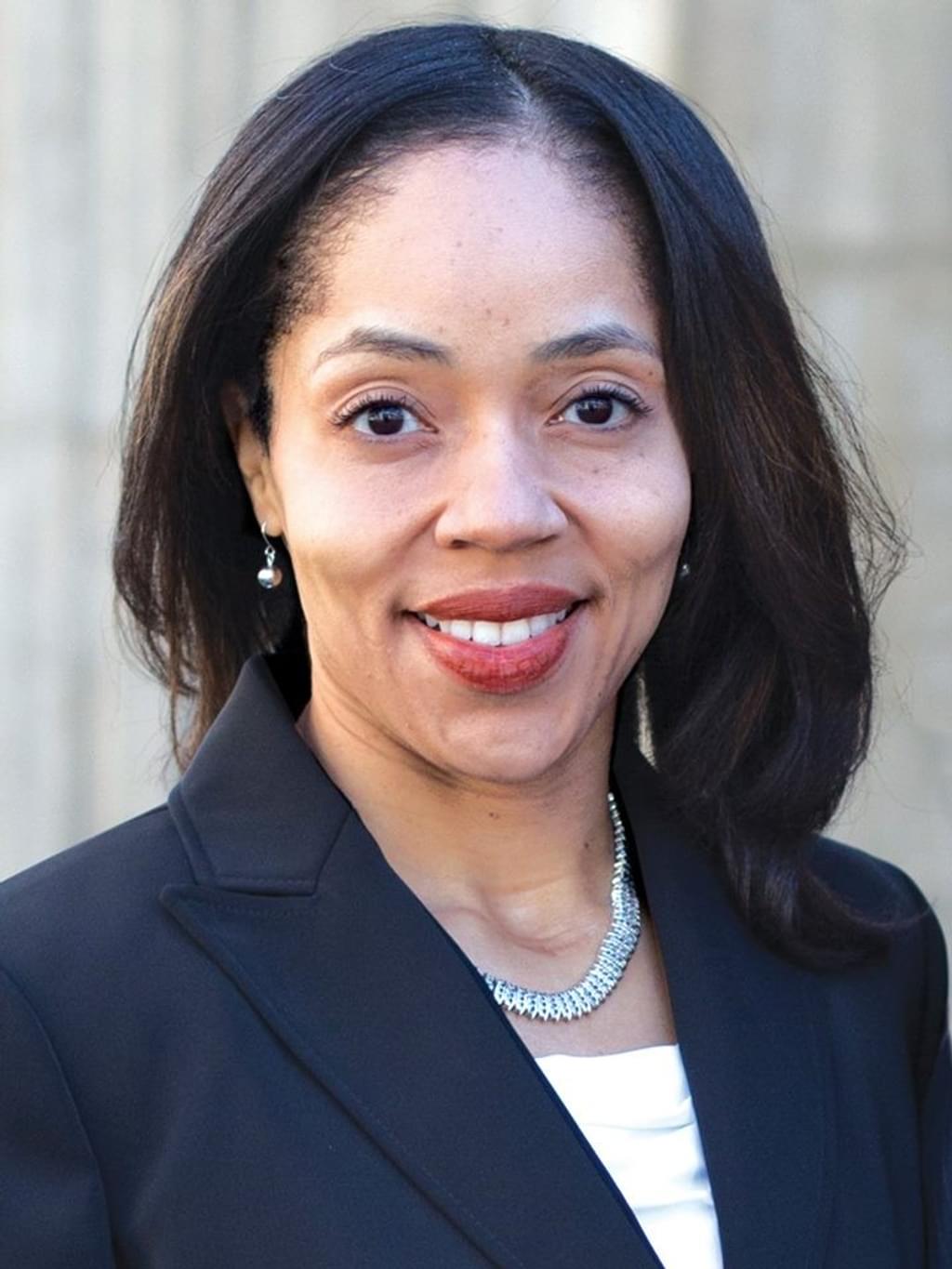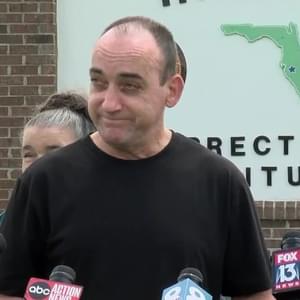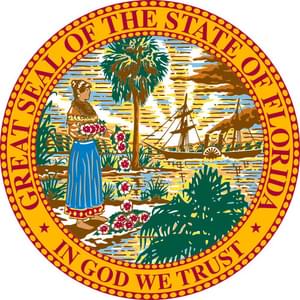
Saying that pursuing the death penalty “is not in the best interests of this community or in the best interests of justice,” Orange-Osceola County, Florida State Attorney Aramis Ayala (pictured) announced on March 16 that her office would not seek the death penalty while she is State Attorney.
Ayala—the first black elected prosecutor in Florida—said that as State Attorney, it was her obligation to make policy decisions based on the evidence and that, after reviewing the evidence, she had concluded that the death penalty had failed as a deterrent, drained public resources, and made promises to family members of murders victims that the system could not keep. She said, “I am prohibited from making the severity of sentences the index of my effectiveness. Punishment is most effective when it happens consistently and swiftly. Neither describe the death penalty in this state.”
As of January 2013, Orange County had more prisoners on its death row than 99.2% of U.S. counties and was among the 2% of counties responsible for more than half of all executions in the U.S. since 1976. However, the county has been moving away from the death penalty and had imposed only one new death sentence since 2012.
Ayala’s decision produced both praise and immediate backlash. Civil rights groups and faith leaders praised the announcement. Adora Obi Nweze, president of the Florida State Conference NAACP, called the move “a step toward restoring a measure of trust and integrity in our criminal justice system.” “A powerful symbol of racial injustice has now been discarded in Orange County,” he said. Florida attorney general, Pam Bondi, blasted the decision as a “blatant neglect of duty.”
Governor Rick Scott immediately asked Ayala to recuse her office from the high-profile prosecution of Markeith Loyd, who is accused of killing his ex-girlfriend and an Orlando police officer, and when she refused to step down, he issued an executive order appointing Lake County State Attorney Brad King, a former Vice President of the Florida Prosecuting Attorneys Association, to prosecute Loyd. That decision also provoked immediate criticism. Howard Simon, executive director of the American Civil Liberties Union of Florida, said “this a dangerous precedent” and asked “Whenever the governor doesn’t like the exercise of prosecutorial decision by an elected prosecutor, he’s going to step in and appoint somebody else?”
Sources
F. Robles and A. Blinder, Florida Prosecutor Takes a Bold Stand Against Death Penalty,“New York Times, March 16, 2017; M. Schneider, Florida governor reassigns cop-killing case after prosecutor refuses death penalty, Associated Press, March 16, 2017; G. T. Lotan, R. Stutzman, and S. Allen, Gov. Scott appoints special prosecutor after Ayala says she won’t pursue death penalty, Orlando Sentinel, March 16, 2017.




